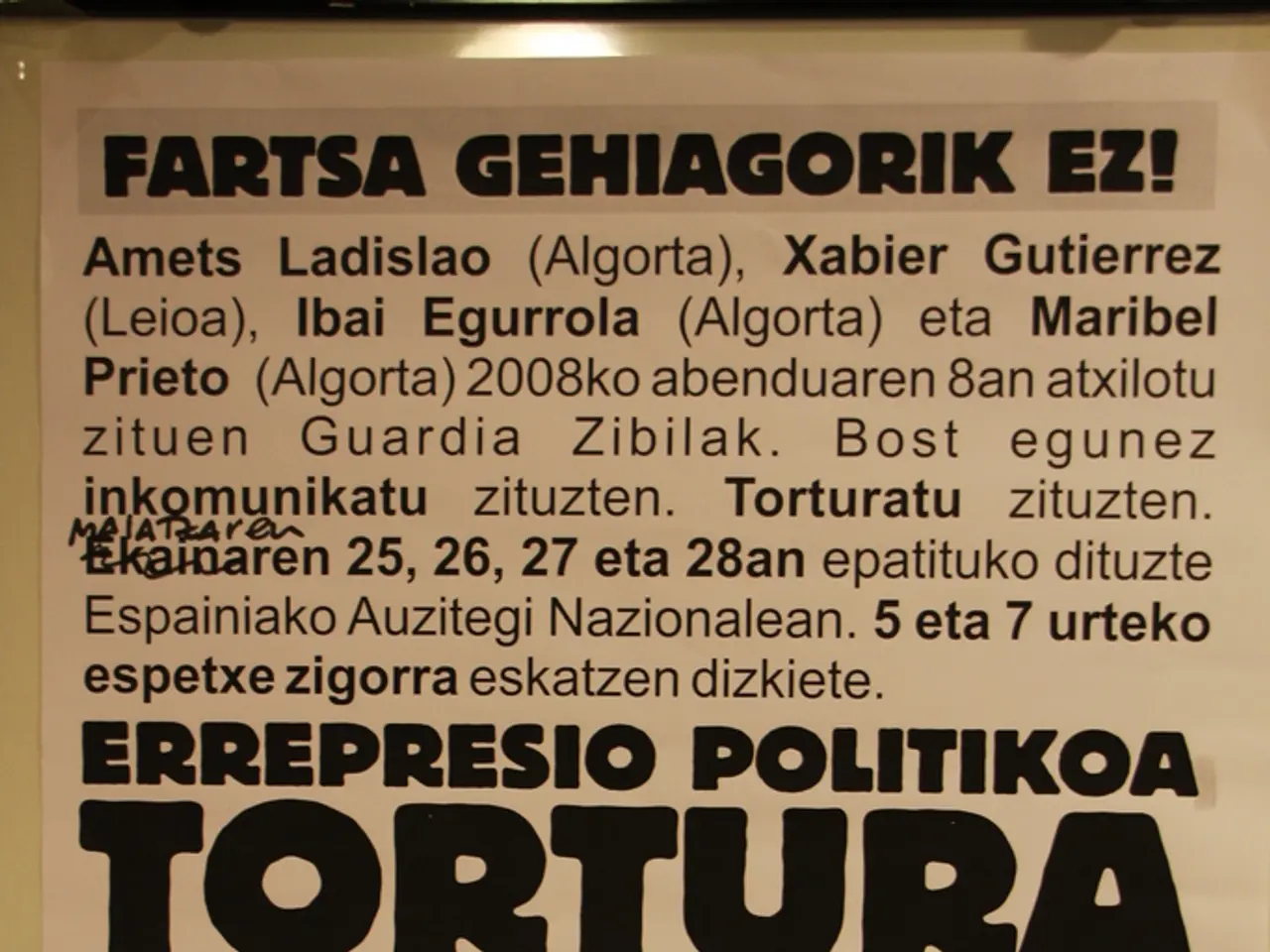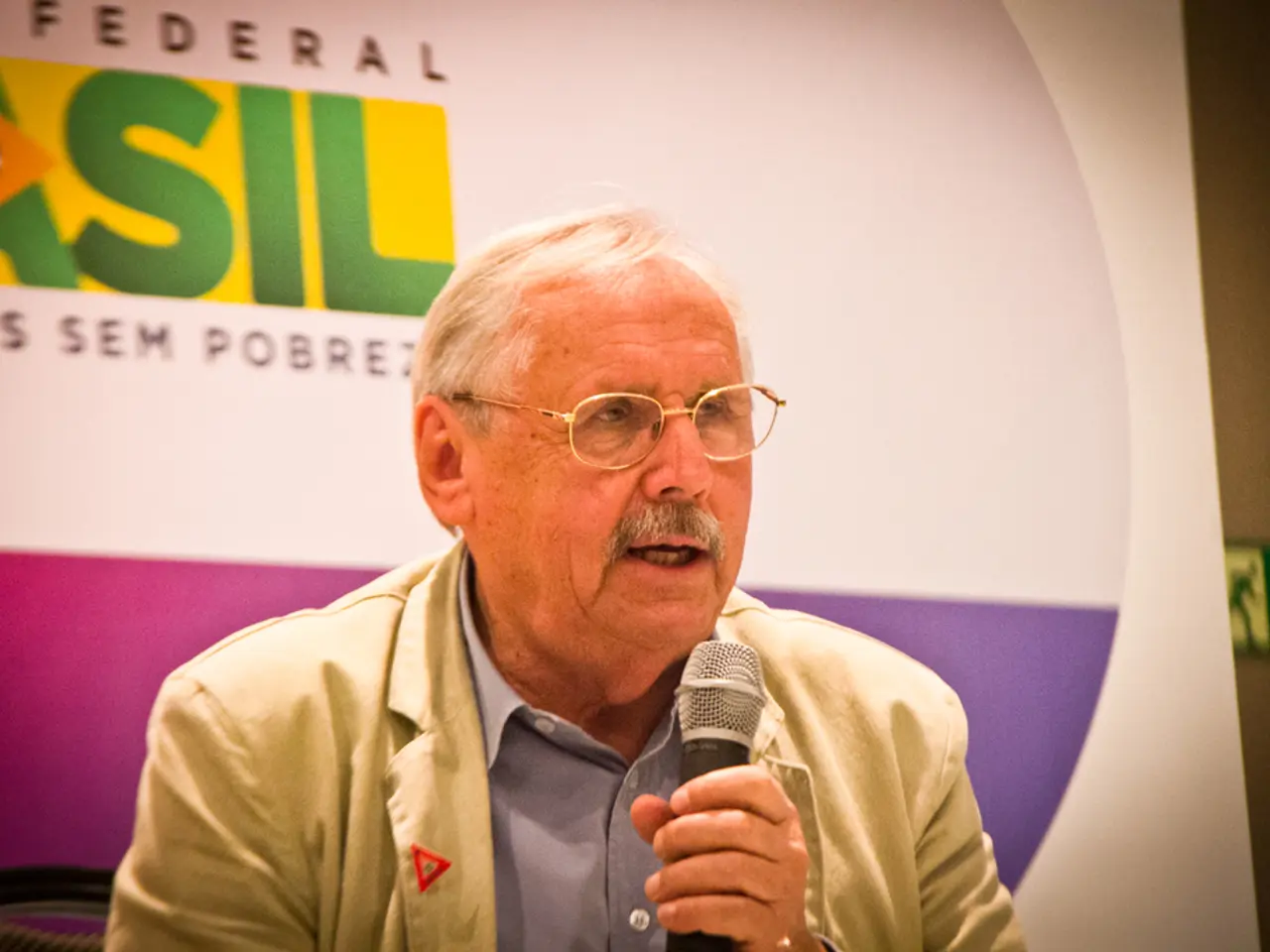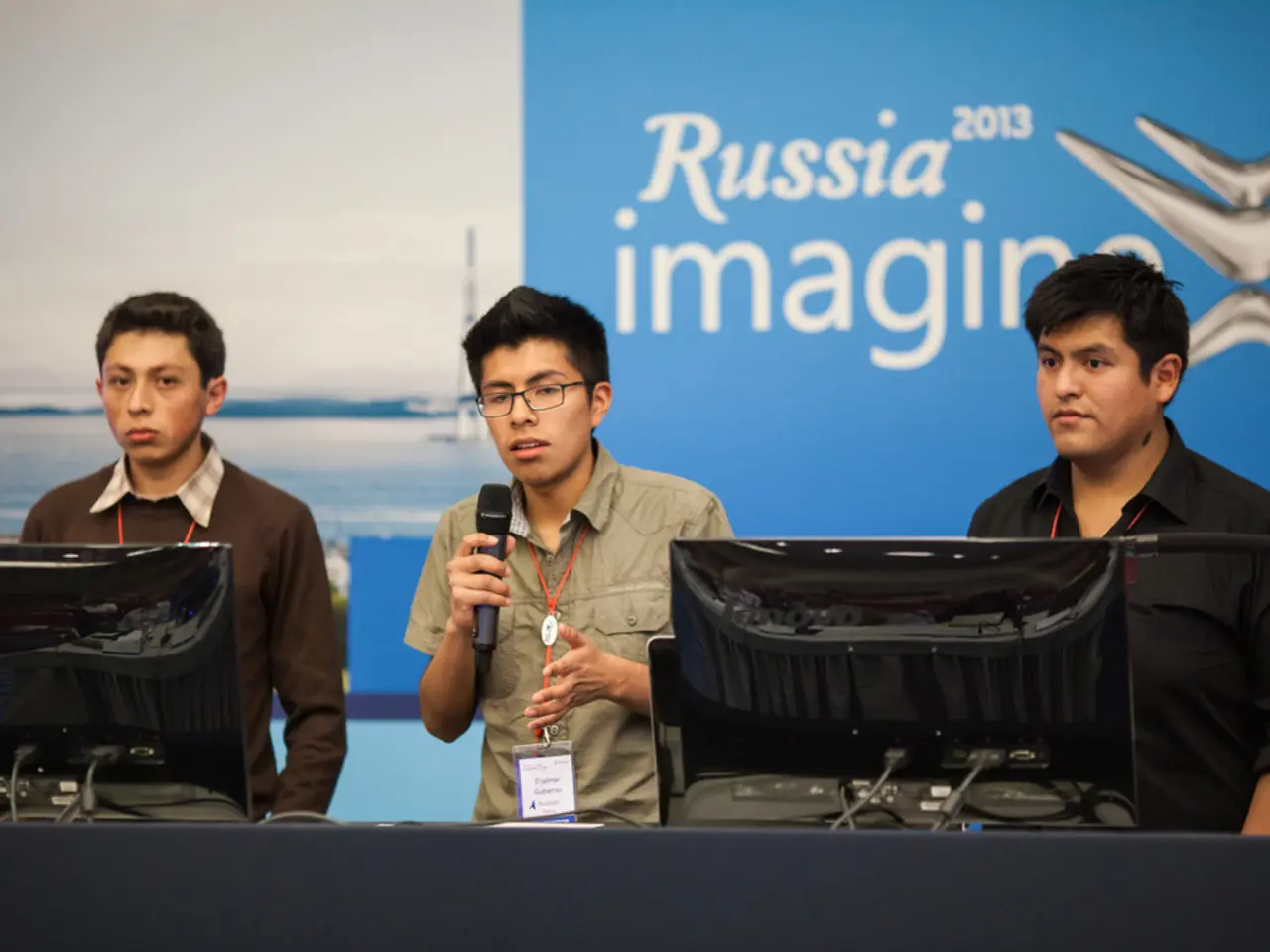The Questioning of Justice for War Criminals in Syria
In the wake of the establishment of the National Commission for Transitional Justice (NCTJ) and the National Commission for the Missing and Forcibly Disappeared (NCM) under Presidential Decrees 19 and 20 in May 2025, Syria’s transitional justice process has faced significant criticisms and challenges.
The key criticisms levelled against the NCTJ and NCM include a lack of independence, selective focus, and symbolic rather than substantive measures. Critics argue that the NCTJ was formed under the executive branch without meaningful inclusion of victims or civil society, raising fears that it serves more as a political tool than an impartial body for justice and accountability. The absence of guarantees for operational independence and effective authority undermines its credibility as a genuine transitional justice mechanism.
Moreover, the mandate of the NCTJ has been criticized for its narrow focus on crimes committed by the Assad regime, largely excluding victims of other perpetrators such as extremist groups and anti-Assad rebel forces. This selective approach is seen as undermining the comprehensive justice required for national reconciliation and risks alienating significant segments of victims and their families.
The establishment of the NCTJ and NCM has been described as largely symbolic, lacking a clear national strategy, roadmap, or participatory process. The NCTJ’s failure to meet its own deadlines for adopting internal regulations further erodes confidence in its operational effectiveness.
Furthermore, despite the existence of anti-torture legislation, there has been little to no implementation, and reports continue to document ongoing torture and abuses, reflecting a lack of genuine political will to end these practices.
Broader challenges facing Syria’s transitional justice process include institutional weakness and the need for a legal culture, political and social fragmentation, and international and civil society scrutiny. Transitional justice in Syria requires the development of an integrated system addressing not only victims’ rights but also the establishment of a legal culture based on accountability and the independence of justice institutions. Sustainable funding, protection systems, and victim-centered approaches are essential for Syria’s context but remain largely absent.
The ongoing fragmentation of Syrian society and the multiplicity of actors involved in the conflict make comprehensive justice difficult to achieve, with risks of further marginalization of certain groups if the process is perceived as biased. International rights organizations, such as Human Rights Watch and Amnesty International, have criticized the narrow mandate and lack of inclusivity of the NCTJ, emphasizing the need for a broader, more representative process. Syrian civil society organizations continue to call for meaningful participation in the transitional justice process to ensure that all victims’ voices are heard and that justice is equitable.
Recently, a man called Fadi Saqr, who previously led the National Defense Forces in Tadamon, was released. Saqr's release has sparked controversy, with Syrians who had hoped for justice incensed about the decision. The NCTJ has come under criticism for its mandate, which seems to indicate it would mainly be going after Assad regime allies. The killings allegedly carried out by a paramilitary group known as the National Defense Forces in the Tadamon massacre, first made global headlines three years ago, further highlighting the need for accountability and justice.
The controversy has raised further questions about the transitional justice process the new Syrian government has committed to. Al-Abdallah suggests that the government may conduct three or four major trials soon, after which there will be more focus on national peace building. However, the slow response to pursuing criminals and the release of individuals accused of serious crimes without trial or explanation has severely eroded public trust.
In conclusion, for transitional justice to be credible and effective, it must become more inclusive, independent, and victim-centered, with meaningful participation from all stakeholders and a clear, actionable strategy for accountability and reconciliation. The ongoing challenges and criticisms faced by Syria’s transitional justice process underscore the need for a comprehensive, inclusive, and victim-centered approach to achieving lasting peace and justice in the country.
- Critics question the independence and effectiveness of Syria's new transitional justice bodies, the National Commission for Transitional Justice (NCTJ) and the National Commission for the Missing and Forcibly Disappeared (NCM), as they were established under executive branch authority, without meaningful inclusion of victims or civil society.
- The NCTJ's mandate has been criticized as narrow and selective, focusing primarily on crimes committed by the Assad regime, while largely excluding victims of other perpetrators such as extremist groups and anti-Assad rebel forces.
- The lack of operational independence, guarantees for effective authority, and a clear national strategy for the NCTJ erodes confidence in its operational effectiveness and credibility as a transitional justice mechanism.
- The widespread use of torture and abuses continues in Syria, despite anti-torture legislation, reflecting a lack of genuine political will to end these practices.
- Broader challenges facing Syria's transitional justice process include institutional weakness, political and social fragmentation, and international and civil society scrutiny.
- For transitional justice to be effective, it must become more inclusive, independent, and victim-centered, with meaningful participation from all stakeholders, a clear, actionable strategy for accountability and reconciliation, and a focus on addressing not only victims' rights but also the establishment of a legal culture based on accountability and the independence of justice institutions.








